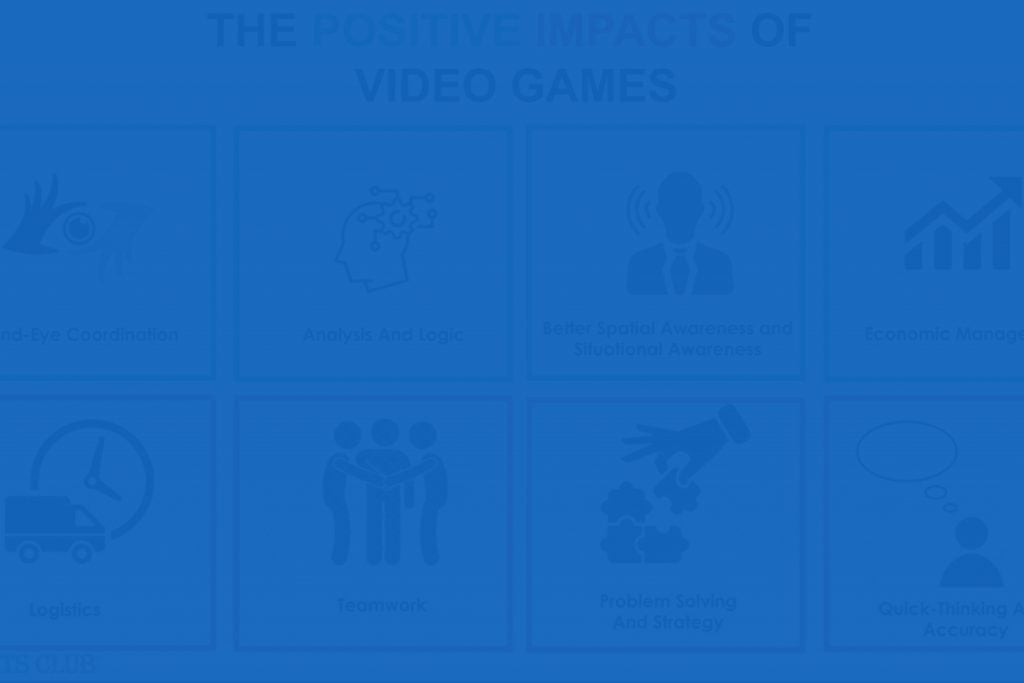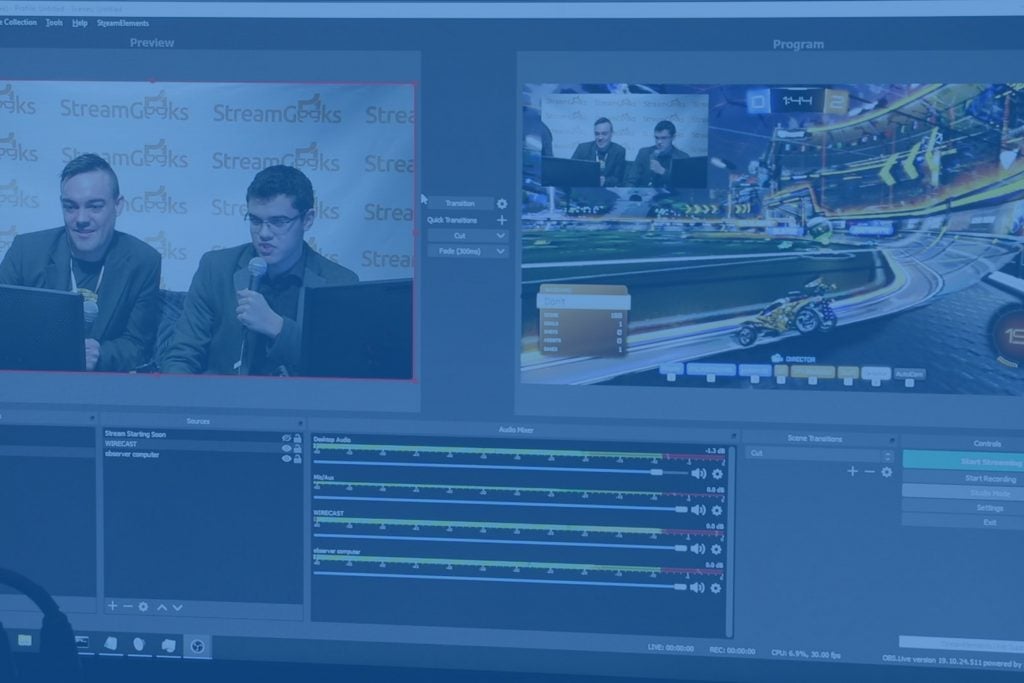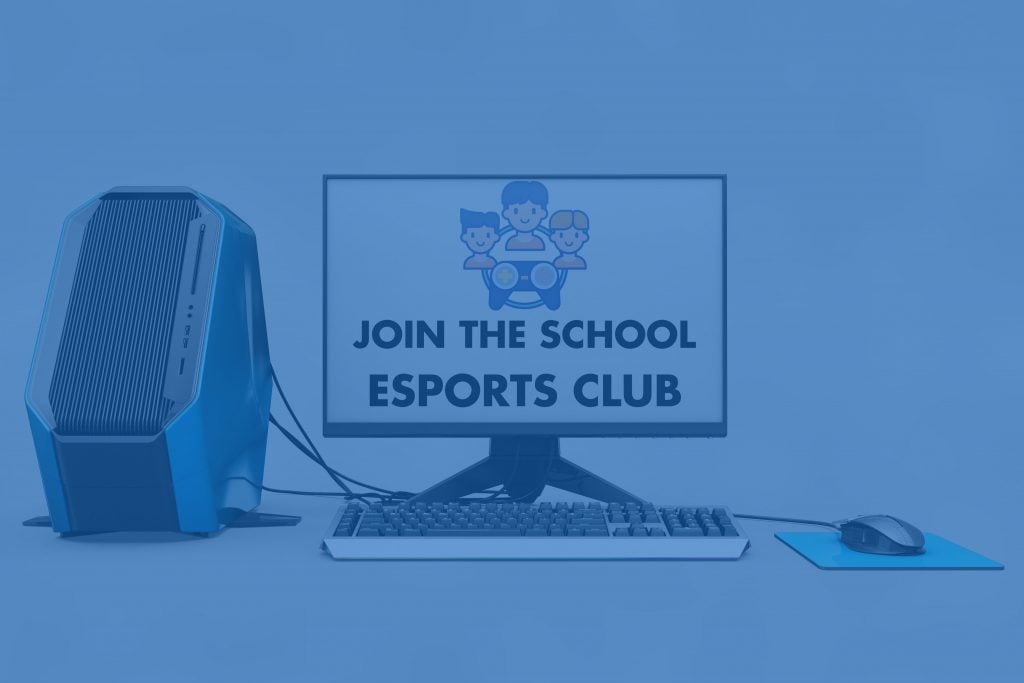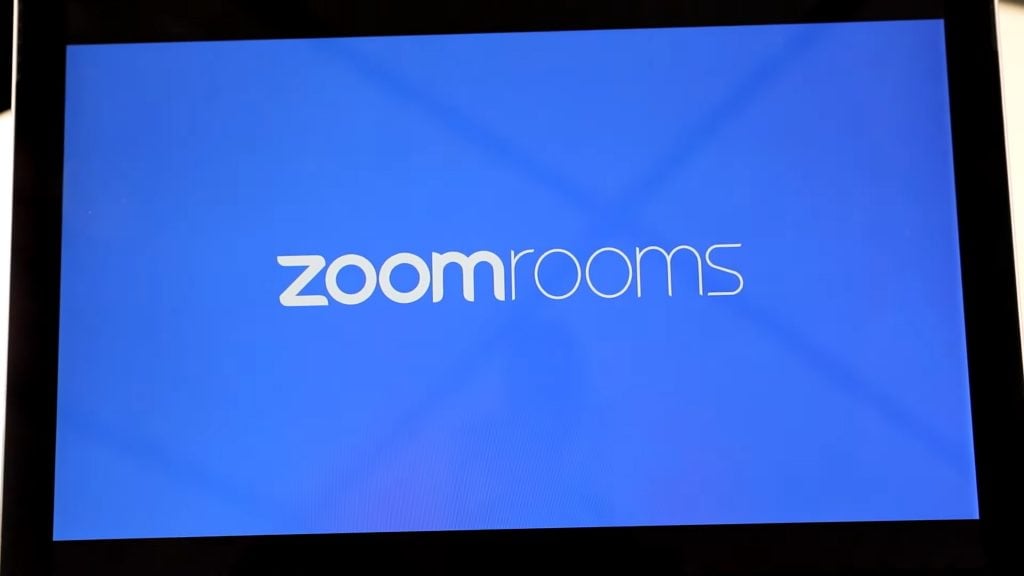Building an Esports Lab, Pt. 1
Written by Paul Richards on May 13, 2021
In this educational webinar Todd Conley, esports and education advocate with HighSchool.gg, explains the intersection between Esports and education. High School.gg is a Bellevue, Washington-based career technical student organization centered around Esports. The 501c3 non-profit uses Esports to engage students in seven unique career clusters.
With chapters throughout the country, Highschool.gg is instrumental in bringing Esports competition to K-12 campuses. Each school’s chapter includes student-elected leadership. Students compete in local, regional, state, and national competitions (Career Development Events) in the following career clusters:
- Arts, A/V Technology & Communications
- Business Management & Administration
- Finance
- Hospitality & Tourism
- Information Technology
- Marketing
- Science, Technology, Engineering & Mathematics
Conley and his fellow educators are helping students learn 21st-century skills for jobs that are in demand. While Conley has demonstrated that the industry transcends gaming itself, he knows that enticing students with what they love inspires them to learn.
Career Development Events
Conley explained that while students are competing in these sanctioned competitions, they are gaining valuable future career development.

In 2021, Highschool.gg chapters in Washington, California, New Jersey, and 15 other states had students are involved in the production of:
TikTok Videos
YouTube Videos
Jersey Design
Cyber Security
PC Case Modding
Game Design
Creative Montages, and more
“So what we’re doing is basically providing you something where you can use that computer lab in your school all day, not just after school for the Esports, but for Photoshop during the day and all sorts of fun activities.”
Games Used For Career Development Events
Conley says the organization is game agnostic, supporting games and different consoles, including PCs. Some of the games the students play include:
Smite
Rocket League
Overwatch
Tekken 7
Counter-Strike: Global Offensive (CS:GO)
Call of Duty
FIFA
PlayerUnknown’s Battlegrounds (PUBG), and more
12 Roles In An Esports Organization

Conley says the organization aims to involve students with all the different roles that comprise a school’s Esports team, helping students learn to be:
Team Captains
Coaches
Commentators
Sports Writers
Data Analysts
Camera Operators
Video Editors
Graphic Designers
Marketers
Accountants
Programmers
Web Designers
He says these other, non-gaming roles are essential for the team to operate successfully. High School.gg strives to teach students the skills for roles that will be applicable to their real-life, future careers.
HighSchool.GG Career Development Competitions
For Esports competitions, schools are separated into regions, within four categories of competition. These begin at the local level and progress to the state championship:
- Local League
- League Championship
- District Championship
- State Championship
HighSchool.GG Conferences & Championships
At the competitions, Conley says HighSchool.gg spends much of its time recruiting industry professionals to come and judge future events. He says that authentic feedback is what helps students gain actionable advice.
Who Attends the Events?
- CTE Directors and Teachers
- Coaches
- School Administration
- Students
- Judges (Industry professionals)
Industry Certifications

Valuable industry certifications are relevant and provide a path for students. While not necessarily Esports specific, certifications are available from Microsoft, AWS, Twitch and CompTIA.
Cost of Esports VS Traditional Sports
While traditional sporting venues, such as football stadiums, are mainly utilized for athletic events, Esports labs can serve as resources for other disciplines and different classes. When it comes to making purchasing decisions, it’s important to emphasize this to administrators involved in that planning process.
Esports Labs
Labs should include a lot of pieces of technology that both students and administrators have a say in designing. From the proper IP networking setup, gaming stations, microphones, speakers and digital displays, building the lab itself can be an educational exercise.
Must-haves Inside the Esports Lab

Some items are critical for a lab.
- Broadcast cameras and those are cameras separate from the webcams.
- Capture cards
- Green screens
- Audio mixers and interfaces
- Multiple monitors: Workstations are not just for gaming and students need to learn how to manage other IT activities.
- Consoles or gaming PCs
- Broadcast lighting
- Microphones
- Speakers
Ensuring the lab is ADA compliant for students should be a priority. Also, enabling the lab to be movable may be helpful for instances where a competition will be demonstrated in a gym or some sort of large group room. Using configurable setups with wheels on desks can help make this seamless. In this way, larger events can be produced by the students working together in another location in the school.
Considerations When Planning An Esports Environment
Overall, Esports present a lot of opportunities for students to grow their love of gaming and expand their skills to other technological areas. Things to consider before launching a school’s Esports program would be to remember that:
- Esports is much more than gaming
- Program goals and outcomes will help measure the success
- Plan in advance
- All stakeholders should participate in visualizing the Esports space
More Esports in Education Articles
- Download Esports in Education for free
- Introduction to Esports in Education
- History of video games & esports
- The study of video games
- What are the top esports tournaments?
- College Level Esports Programs
- Apply for the StreamGeeks Esports Scholarship
- How to start an esports club at your school
- How to live stream esports tournaments
- Getting the most educational value out of video games





